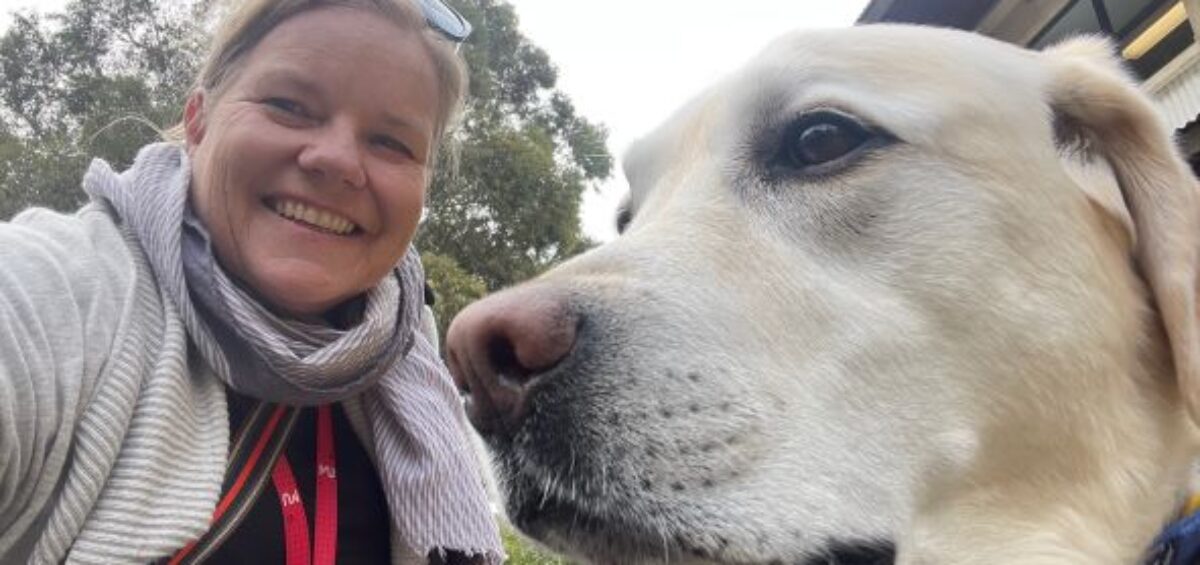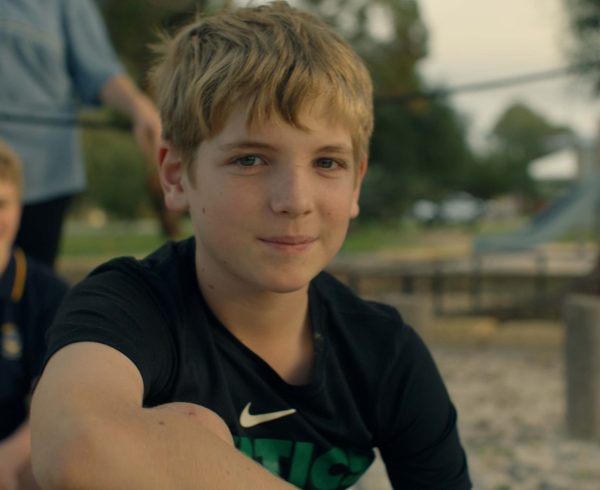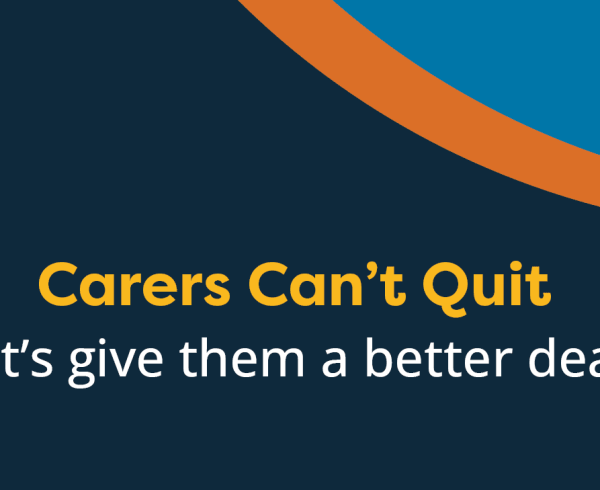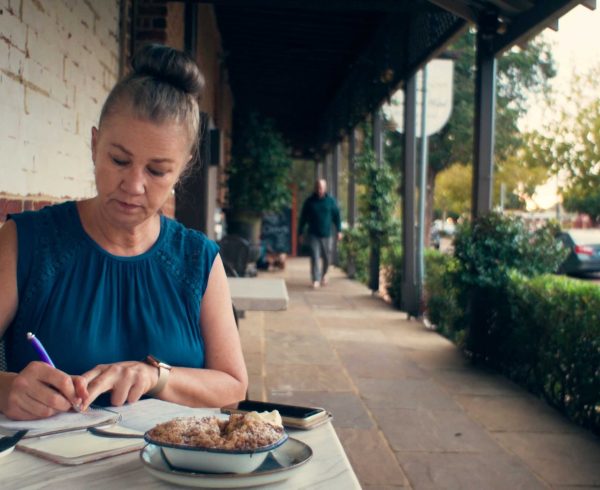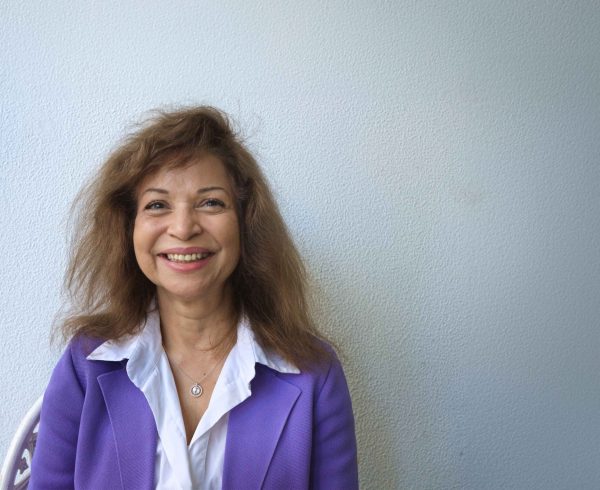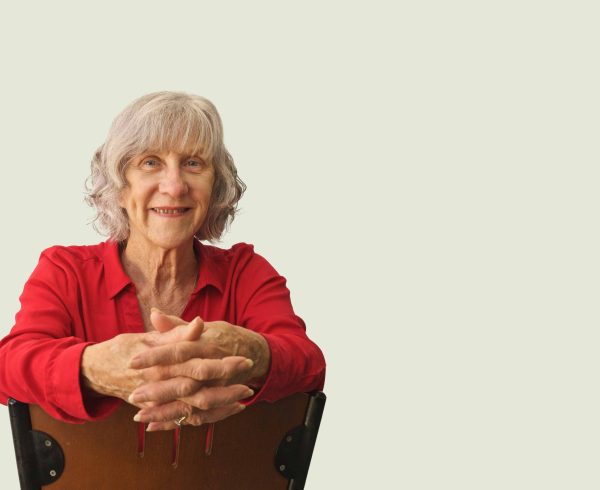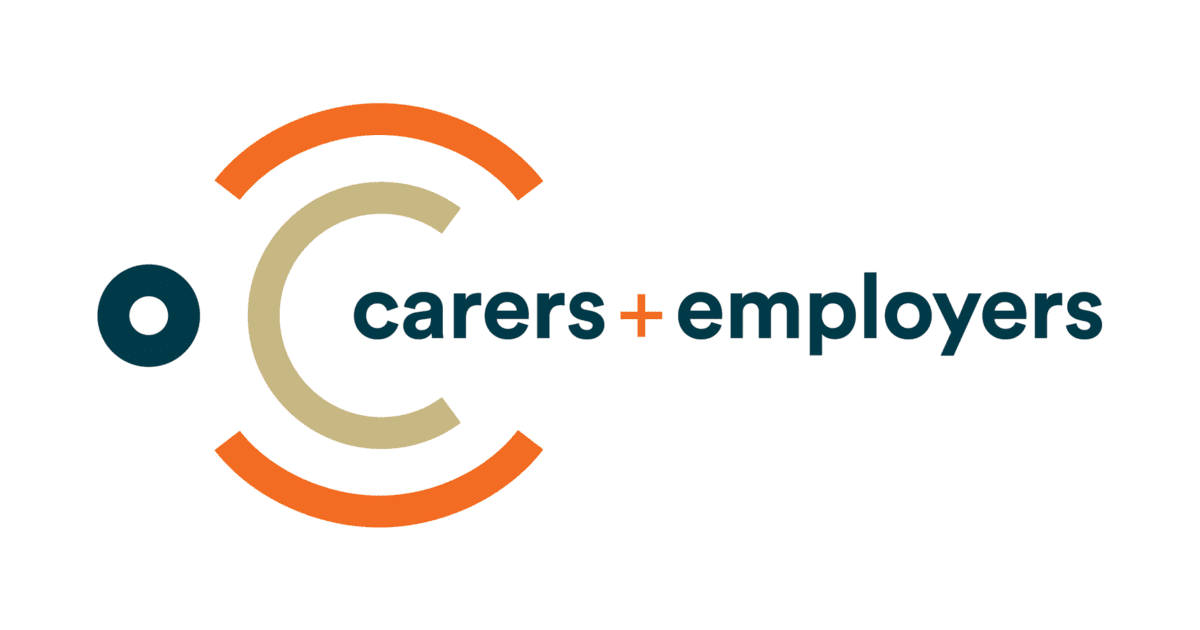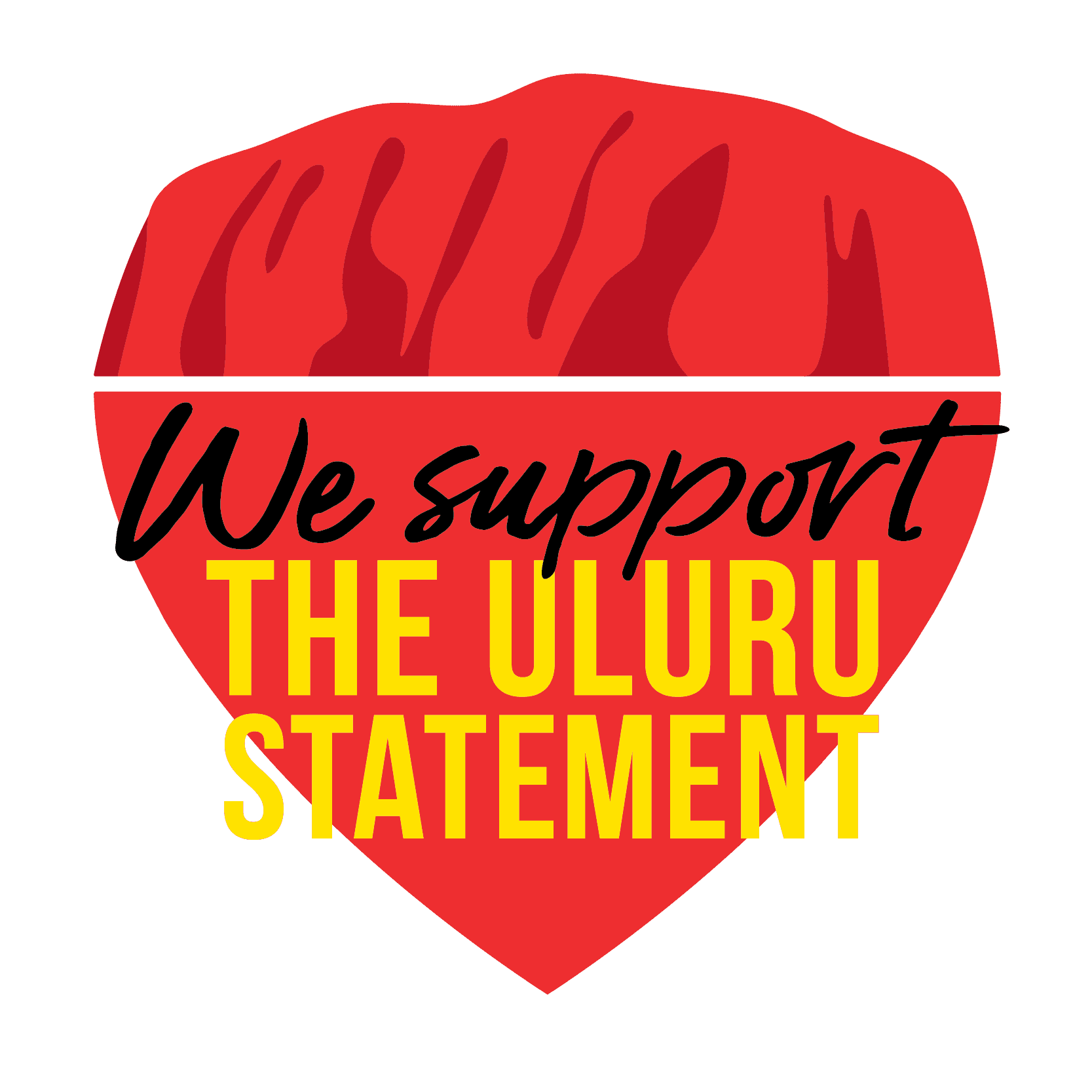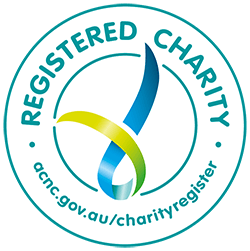Kim Hudson is an Associate Lecturer at Murdoch University and a member of the Carers Advisory Council, which provides advice to the Minister for Community Services on issues affecting carers. As a teenager, Kim cared for her mother, then for her late husband as he faced a high-level and deteriorating spinal cord injury. In the lead up to Carers Week, Kim shares why she’s passionate about the need for workplace arrangements to support people with caring responsibilities.
What is your role on the Carers Advisory Council?
I joined the Council in 2021 to bring my lived caring experience to policy and caring-related issues. In addition to the core compliance activities of the Council, I am also scoping research into carers and investigating the impact of caring on work and career.
What is your lived experience as a carer?
My experience of being a carer first began as a young teenager when my Mum was sick with chronic endocrinological issues and suffered several critical surgical complications. I was young with little support and no idea what to do. As well as being a surly teenager, it was literally just a deep dive into getting on with it and hoping she would survive. It is only upon reflection that I can now recognise my caring role during this difficult period. Thankfully, over a few tumultuous years, she made a full recovery.
I met the love of my life in 1998. My late husband Symon had a high-level and deteriorating spinal cord injury. In the beginning, ‘care’ was not a word we used. He was fiercely independent and we worked hard not to blur those lines. I always felt if I claimed a ‘care’ role somehow I was diminishing his independence. As his disabilities progressed, however, my care role was undeniable. Juggling hospital stays, paid carer teams in and out of the house, appointments, equipment purchases, transport, rescues from mobility breakdowns, sorting the Assistant Dog, and working at our paid jobs was our daily life. In amongst this chaos, our absolute priority was raising our two beautiful children. Our eldest son Jacob was diagnosed with Type 1 Diabetes in 2018 which added some weight to an already full cup, but both he and Ella were always ready to assist when needed.
What are you passionate about when it comes to Western Australian carers?
I believe there is not enough knowledge about what carers do. The emotional and psychological toll is immense and is often the part that is overlooked. It’s also not an equitable playing field in terms of being able to access the labour market and earn a living. I undertook casual or fixed-term roles so I could fit in all of my responsibilities which played havoc with my career. I am still trying to find a permanent role almost two years on. But I am lucky that I have been able to maintain my work connections. Some carers can’t even think about employment, they can only focus on survival.
Why do you believe Carers Week is important?
Carers – and what they do – are largely invisible so events like Carers Week are hugely important. It’s an opportunity for all of us to shine the light and say thank you to all carers for their contribution to our communities and society as a whole. It’s also a time for advocacy; for workplaces to recognise the carers in their teams and to think about how better to support them.
Article Courtesy: Department of Communities

